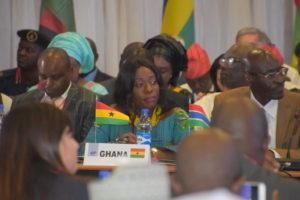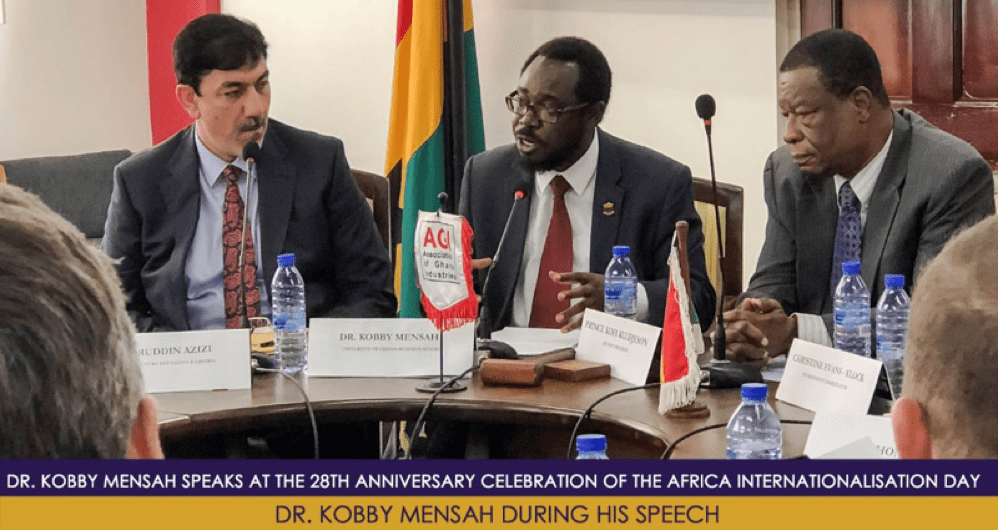September 20, 2018

Effect of Banking Crisis on Tourism / Credit: Voyages Afriq
It is well established that Tourism thrives, and is largely dependent on disposable income as well as disposable time. It’s is a planned behaviour that could be forgone.
This means, people will always consider their expenditure on the essentials of life such as healthcare, education, daily household maintenance before considering tourism and hospitality activities. Currently one of the country’s major push towards tourism growth is domestic tourism.
Commendably, the Ministry of Tourism, Arts and Culture and its implementing agency, the Ghana Tourism Authority have initiated a number of innovative programmes such as – eat Ghana, wear Ghana, see Ghana amongst others as means to engage the local people to be actively engaged in tourism.
Unfortunately, the recent spate of banking crisis where the collapse of about 7 banks since last year has led to massive job losses, will have an untold effect on the efforts the ministry is making, and are likely to reverse some of the gains.

Effect of Banking Crisis on Tourism/ Credit: Voyages Afriq
Needless to say that the affected people will begin to rationalize their lifestyles; heavily cutting down on their expenditure in this time of austerity, mostly forgoing activities linked to tourism and hospitality that they can do without. But the effect of this situation is far reaching beyond those who have lost their jobs.
Certainly, it is within reason to predict that the uncertainty within the labour market, such as the impending merger between ADB and NIB, means most of the working class would begin to take similar austerity measures, preferring to save and invest for their future.
It is also most likely that some operators in the tourism and hospitality sector have been affected directly by the banking crisis in terms of investment in financial products, which could impact on their operations directly.
It is also noteworthy to draft in international arrivals and security concerns. Research shows that macro level political stability does not necessarily equates inner city safety in tourists’ perceived safety and security measures of nations, which is one of the most important considerations to tourists.
In this respect, the country must intensify its community level safety and security structures, such as the provision of streets lights, public safety awareness education etc. as relationship between crime rate and economic austerity is widely established.
We are therefor likely to see a downturn in most part of the tourism and hospitality sector and its related areas, especially from domestic tourism perspectives.
It is therefore necessary for the ministry and its implementing agencies to revise their estimates, especially for domestic tourism contribution, and advise the various tourism and hospitality operators – including attractions, accommodation facilities and others to expect negative impact on revenue.
In an extreme situation where the job losses begin to have massive impact just as the “doomsor” did in recent past, the ministry and its agencies must outline plans to protect operators and engage them on how they can survive the turbulence, including rolling out training sessions in this downtime where they have excess capacity as a result of low patronage. We are certainly in austerity times and we must act well to stay afloat in anticipation of better times ahead.






